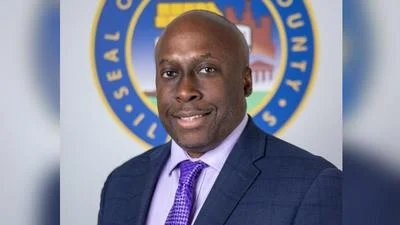A Department of Transportation (DOT) Inspector General (IG) investigation revealed Oct. 1 that the Federal Aviation Administration's (FAA) contingency plans and protocols were insufficient at Chicago air traffic control facilities at the time of an Aurora facility fire last September.
Occurring on September 26, 2014, the fire caused delays and cancellations of hundreds of flights in and out of Chicago’s O’Hare International and Midway International Airports, spurring an investigation of the traffic control facilities.
U.S. Senator Dick Durbin (D-IL) and U.S. Reps. Tammy Duckworth (D-IL), Bill Foster (D-IL), Dan Lipinski (D-IL), Mike Quigley (D-IL) and Jan Schakowsky said that the investigation has brought to light the FAA's shortcomings regarding infrastructure and more.
“Last year’s incident at the air traffic control center in Aurora exposed vulnerabilities in a system that is extremely important to our state and our nation’s economic health and security," they said. The fire caused over $5.3 million in damages, impacted thousands of flights across the region, and prevented the control center from controlling air traffic for more than two weeks. Today’s report underscores that concerns about weaknesses in the air traffic control infrastructure and a lack of flexibility to respond to such a crisis are not unique to Chicago, but likely apply at facilities across the country. FAA has a lot of work to do to implement the Inspector General’s recommendations."
The investigation also underscored the need for consistent investment in order to effectively solve the issue.
“We can’t expect these changes to happen overnight. They will take adequate, long-term investment. This week, Congress is approving another extension of the federal budget and of the FAA. We can’t continue to lurch from one extension to the next, we must come up with a plan before the end of the year to seriously address our nation’s infrastructure needs.”






 Alerts Sign-up
Alerts Sign-up